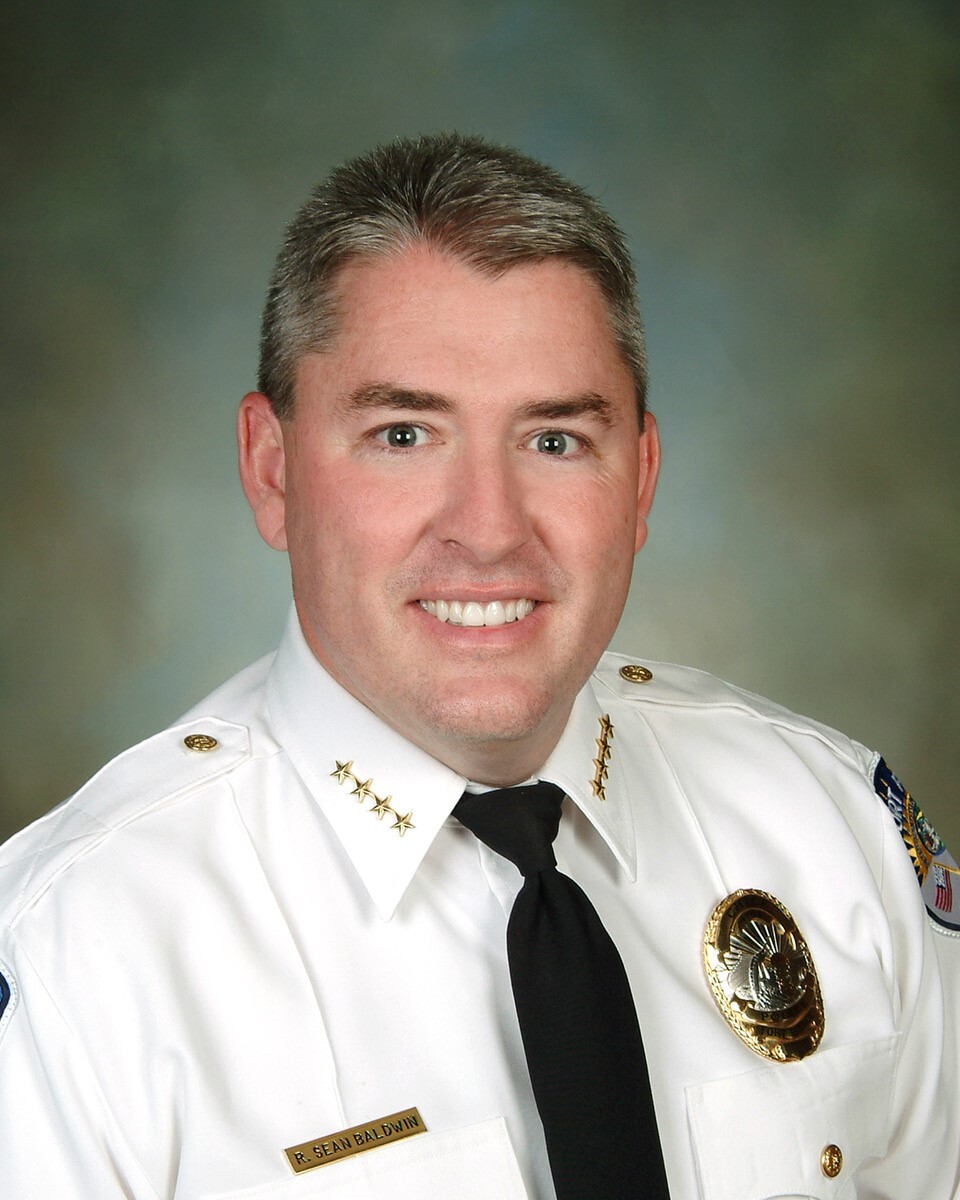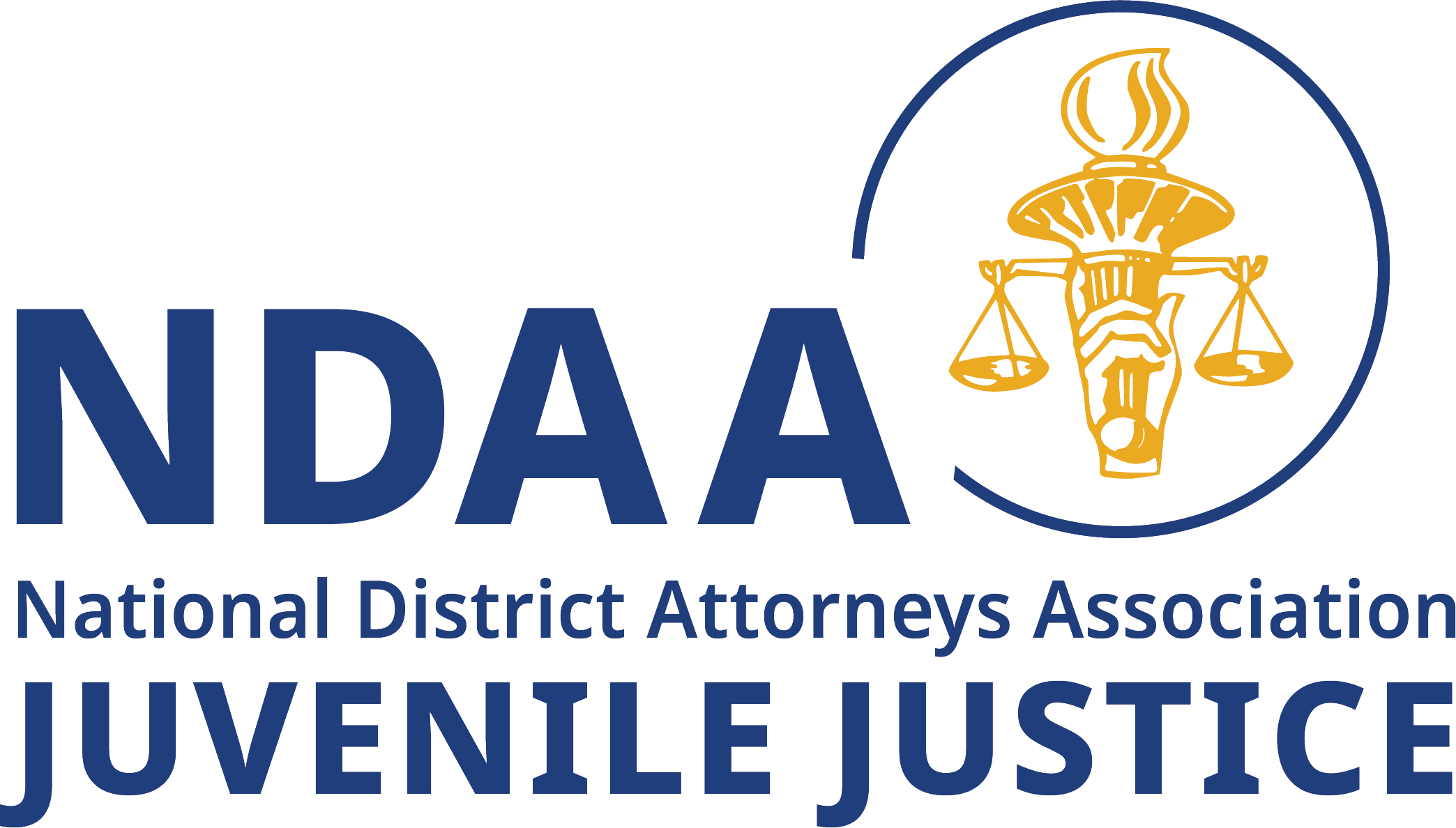
Session 2: Leading Community-Based Gang Reduction Strategies
On-Demand Webinar Title: Leading Community-Based Gang Reduction Strategies
Live Presentation Date: June 9th, 2022
Duration: 88 minutes
Presenters: Sean Baldwin, Senior Research Associate, Law Enforcement Officer; Dr. David Pyrooz, Associate Professor of Sociology and Faculty Associate of Prevention Science, University of Colorado - Boulder
Summary: This module helps participant identify key elements of a comprehensive community-based gang reduction strategy and build partnerships to lead these efforts. Evidence-based strategies for community-based gang reduction efforts are offered as well as background on what makes these programs effective. Participants should gain a thorough understanding of how gang interdiction efforts have worked in other communities under various partnerships.
CLE: This course, originally Session 2 of a 7 session live virtual conference June 9th and 10th, 2022, was recorded for on-demand attendance. The live webinar was approved for CLE credit in certain states; however, NDAA does not apply for CLE approval or renewal of approval for recorded content or report on-demand CLE attendance for this webinar. NDAA is not responsible for applying for CLE approval or reporting CLE credits for this on-demand webinar. Attendees are responsible for ensuring their state accepts their applications for self-study CLE credits. Upon completion of your on-demand course (video, quiz and survey), you will be able to access a CLE Uniform Certificate of Attendance. If your state accepts self-study credits, you can submit this Certificate and other required materials directly to your state bar. Attendees must self-submit this course for approval in their home state. All attorneys are responsible for any fees associated with CLE filing. Attorneys seeking CLE credit should contact their state bar associations for more information. General questions or additional information regarding CLE credit can be directed to cle@ndaajustice.org.
[States that previously approved CLE for this course: AL, CA, IL, KS, NJ, NY, TX]
Cost:
Members: Free
Non-Members: Free
If you would like to become a member, please join here!
On-Demand Access: This webinar was originally recorded on June 9th, 2022, and made available On-Demand by NDAA with the help of OJJDP's NTTAC.
Attribution & Disclaimer:
This project is supported by Grant #2019-MU-MU-K002 awarded by the Office of Juvenile Justice and Delinquency Prevention (OJJDP), Office of Justice Programs, U.S. Department of Justice. The opinions, findings, and conclusions or recommendations expressed in this publication/program/exhibition are those of the author(s) and do not necessarily reflect those of the Department of Justice.
OJJDP Priorities
•Treating Children as Children
•Serve Children at Home, with their Families, In their communities
•Open Up Opportunities for Young People Involved in the Justice System

Sean Baldwin (Moderator)
Senior Research Associate, Law Enforcement Officer
R. Sean Baldwin is a senior research associate with the Institute for Intergovernmental Research (IIR) Youth and Community Justice Initiatives group. In this role, he works with the National Gang Center supporting law enforcement anti-gang training, as well as providing training and technical assistance to communities implementing the Office of Juvenile Justice and Delinquency Prevention’s (OJJDP) Comprehensive Gang Model.
Prior to working with IIR, Mr. Baldwin served 25 years as a law enforcement officer in Fort Pierce, Florida. He worked as a patrol officer, a violent crimes detective, and a community policing officer and was promoted through the ranks, serving his last nine years as Chief of Police. Mr. Baldwin has extensive experience in law enforcement administration, leadership, policy development, crime-reduction strategy, and building community collaboration. He has served as an instructor in use of force, firearms, and ethics. As Chief of Police, he led a communitywide coalition to implement the OJJDP Comprehensive Gang Model in Fort Pierce, providing a long-term solution to persistent and serious gang violence.
After his retirement, Mr. Baldwin served as an adjunct professor and as a consultant, providing training and consulting services to law enforcement agencies across the nation. He also worked as a subject-matter expert in gang suppression strategies for the National Gang Center.
Mr. Baldwin holds a master's degree in criminal justice administration from Lynn University. He is also a graduate of both the Federal Bureau of Investigation’s National Academy (208th Session) and the Southern Police Institute’s Administrative Officers Course (113th Session).

Dr. David Pyrooz (Moderator)
Associate Professor of Sociology and Faculty Associate of Prevention Science
University of Colorado Boulder
David C. Pyrooz, PhD, is Associate Professor of Sociology and Faculty Associate of Prevention Science in the Institute of Behavioral Science at the University of Colorado Boulder. He received his Ph.D. in Criminology and Criminal Justice from Arizona State University in 2012, where he was a Graduate Research Fellow of the National Institute of Justice. His research interests are in the areas gangs and criminal networks, incarceration and reentry, developmental and life-course criminology, and criminal justice policy and practice. His research has been funded by the National Institute of Justice, Office of Juvenile Justice and Delinquency Prevention, National Institutes of Health, Google Ideas, the Charles Koch Foundation, and the Laura and John Arnold Foundation. He has authored over 100 refereed articles and book chapters, and several books, including On Gangs (Temple, 2022), Competing for Control: Gangs and the Social Order of Prison (Cambridge University Press, 2019), The Wiley Handbook of Gangs (Wiley-Blackwell, 2015), and Confronting Gangs: Crime and Community (Oxford, 2014). He has written opinion editorials that have appeared in outlets such as the Wall Street Journal, Denver Post, Los Angeles Times, Washington Post, Minneapolis Star-Tribune, St. Louis Post-Dispatch, and The Crime Report. He was the recipient of the inaugural New Scholar Award from the Academy of Criminal Justice Sciences in 2015 and Ruth Shonle Cavan Young Scholar Award from the American Society of Criminology in 2016.
